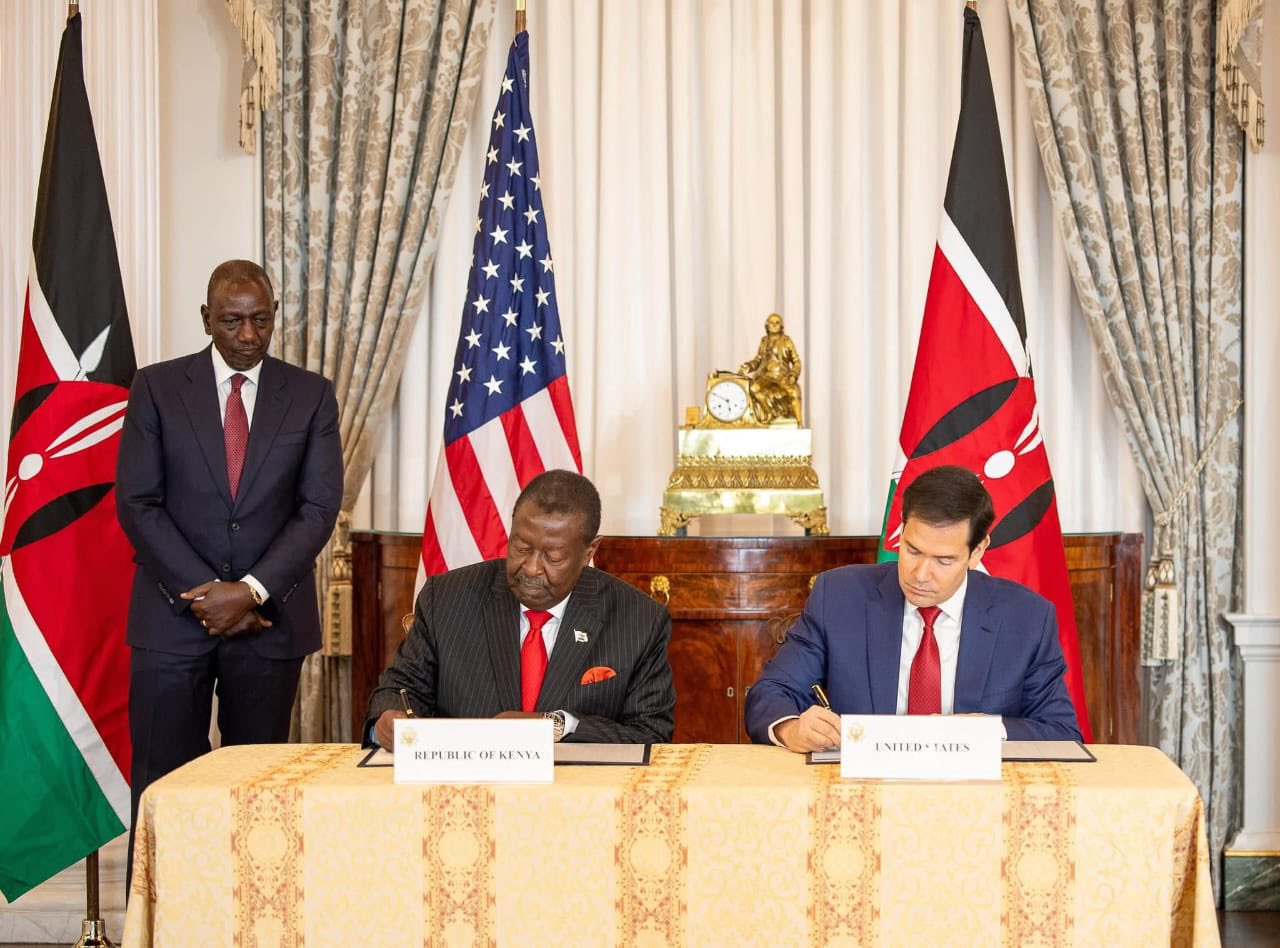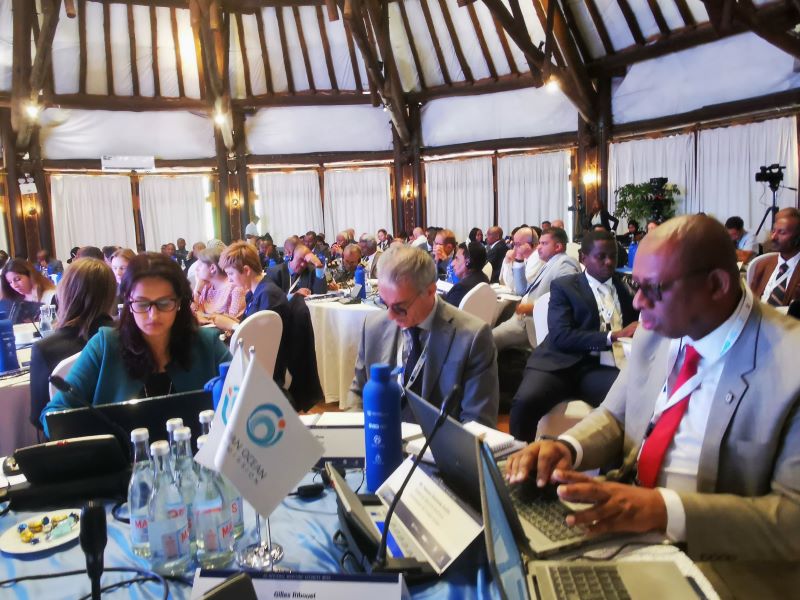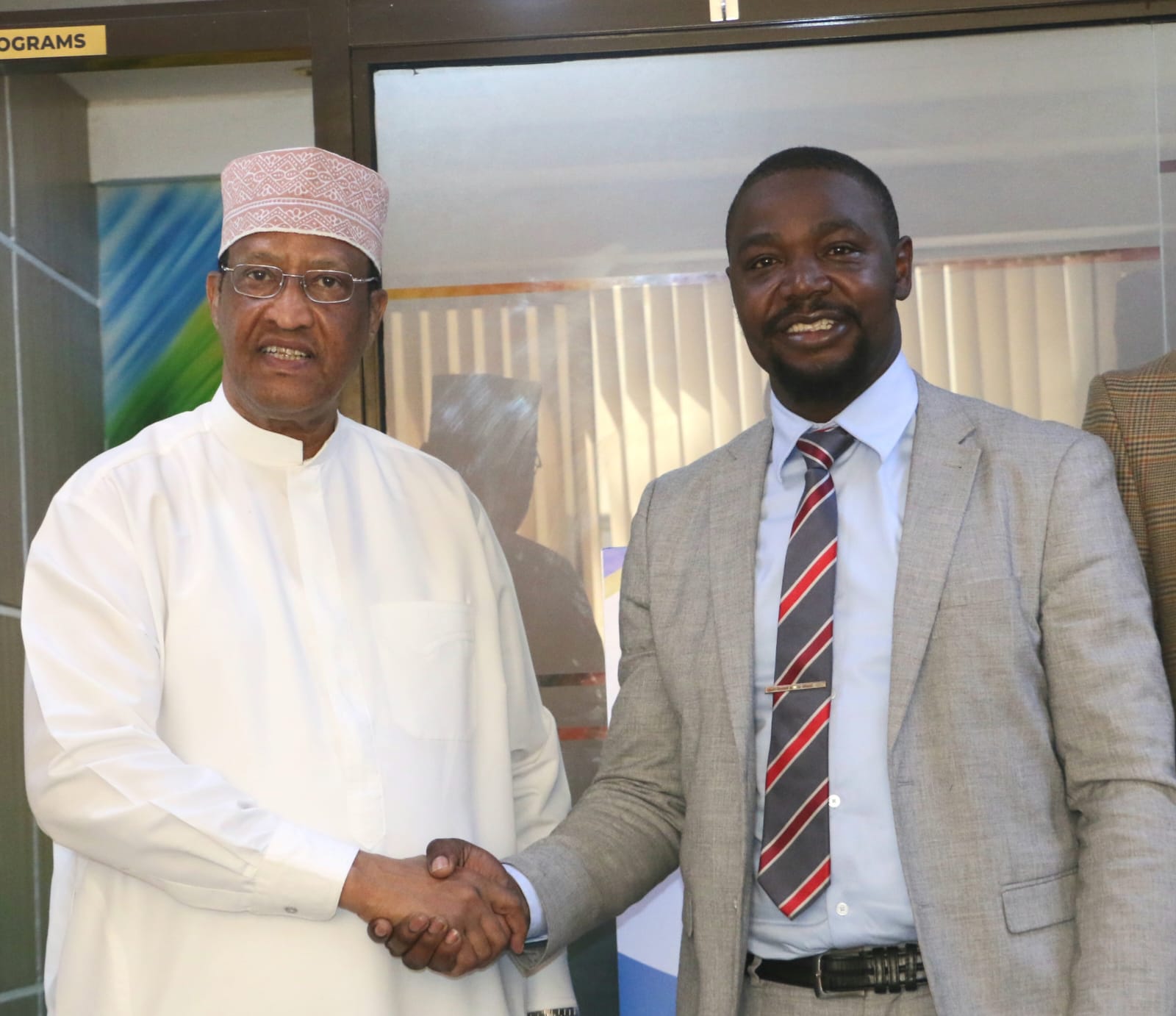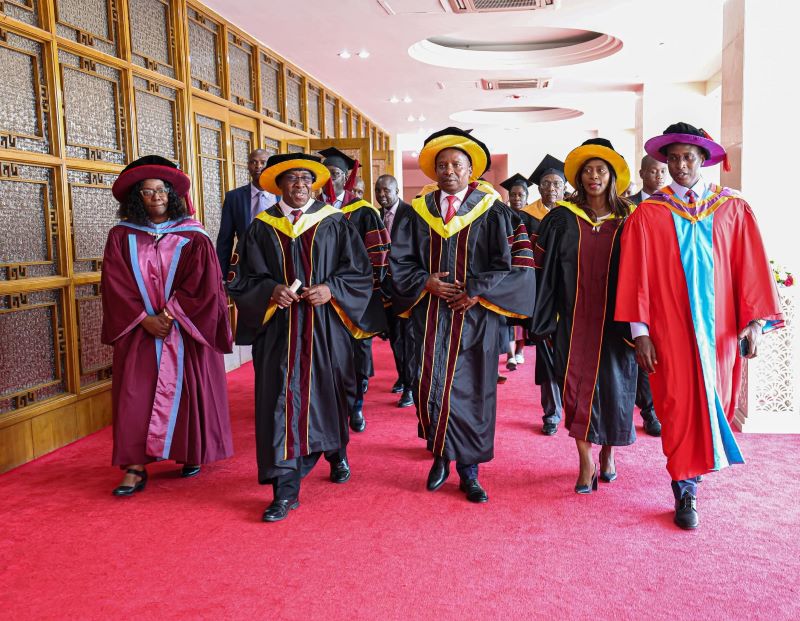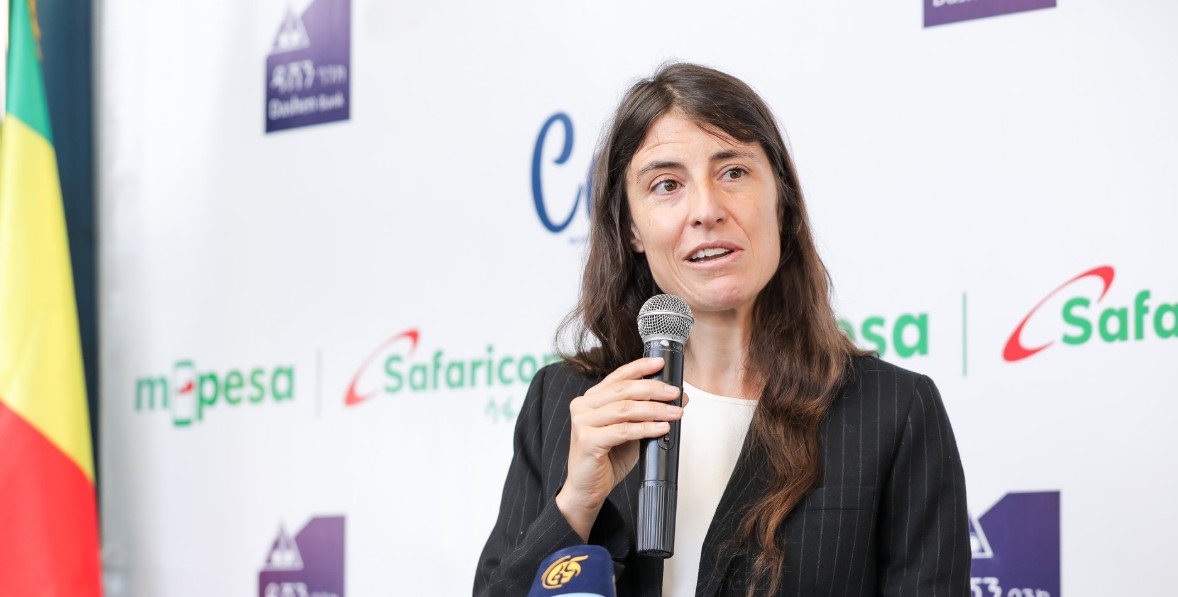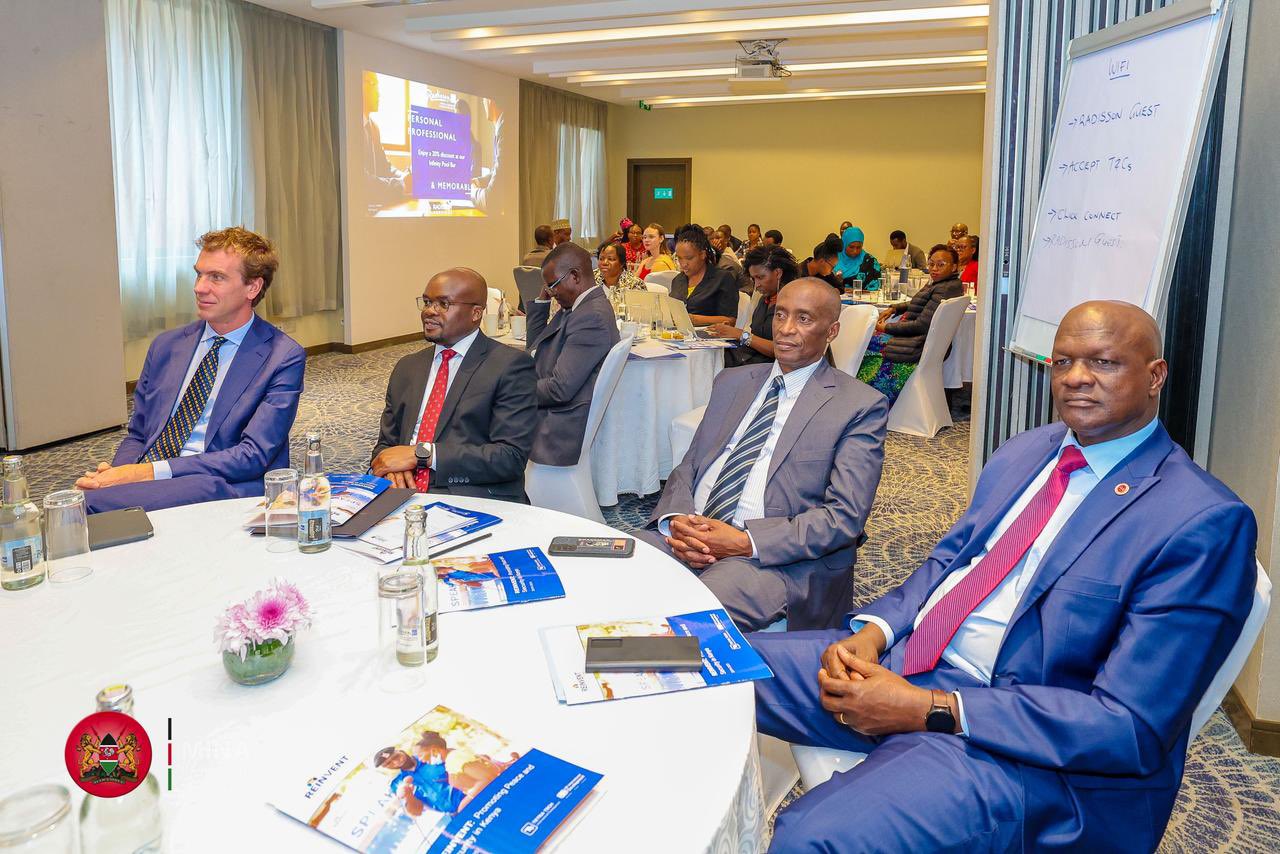Teachers' union asks state to get public views on fee payment via eCitizen
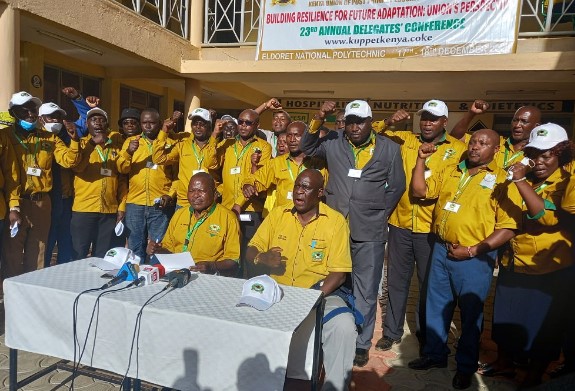
The High Court temporarily suspended the government’s directive for national schools to pay school fees through the eCitizen platform.
The Kenya Union of Post-Primary Education Teachers (KUPPET) has asked the state to conduct public participation before integrating payment of school fees on eCitizen digital platform.
KUPPET Secretary General Akelo Misori on Tuesday said the directive is likely to lock out potential students whose parents struggle with fees.
More To Read
- Uwezo Fund disburses Sh2.2 million to 14 community groups in Kamukunji
- Museums go fully digital as National Museums of Kenya unveils new ticketing system
- Teachers to stay in same schools after promotions under new TSC policy
- AG advises Treasury CS to halt Sh50 e-Citizen convenience fee following High Court order
- TSC announces recruitment of 9,159 teachers nationwide
- Blow to State as court declares eCitizen Sh50 charge illegal, halts mandatory school fee payment via platform
"There is a need for public participation before the directive is implemented. If the directive is implemented without public participation, students from less fortunate families will not go to school," he said.
He said most parents, particularly from rural areas pay school fees using agricultural products.
Misori called on the ministry to explain how such parents who pay fees in kind are going to pay fees on the platform.
"There are also parents who do casual jobs in schools to pay fees for their children. How will they be able to do so on the eCitizen platform?" he posed.
Respect court orders
Speaking in Kirinyaga after meeting union representatives from the region, the union noted that they do not oppose the use of technology but the government has to respect court orders halting the payment of school fees via the eCitizen digital platform.
On February 7, the High Court temporarily suspended the government’s directive for national schools to pay school fees through the eCitizen platform.
This comes after a petition was filed at the Milimani Law by a Nakuru doctor Magare Gikenyi who termed the directive as illegal.
He also argued that it violated the principles of good governance.
According to him, parents in rural areas who had been accustomed to paying school fees via non-monetary means (trading maize and beans to the school) will be “locked out through this unfair administrative action.”
Despite the court order, President William Ruto affirmed that payment of school fees through eCitizen will proceed.
He said there was resistance to the digitisation of government services by corrupt cartels but affirmed that the process won't be stopped.
"Payment of school fees through eCitizen won’t be stopped since it helps to eliminate the payment of extra levies by some schools," Ruto said.
Ruto said the government is committed to ensuring the transition to a digital payment system is complete to stop corruption and theft of government resources.
Top Stories Today




